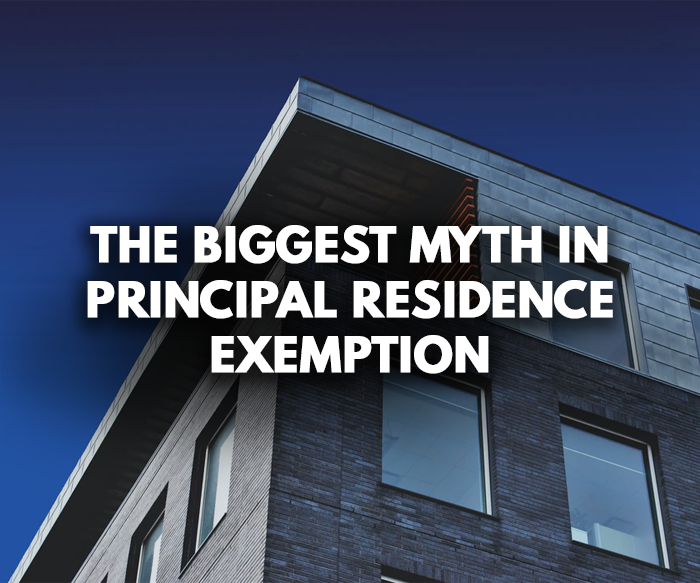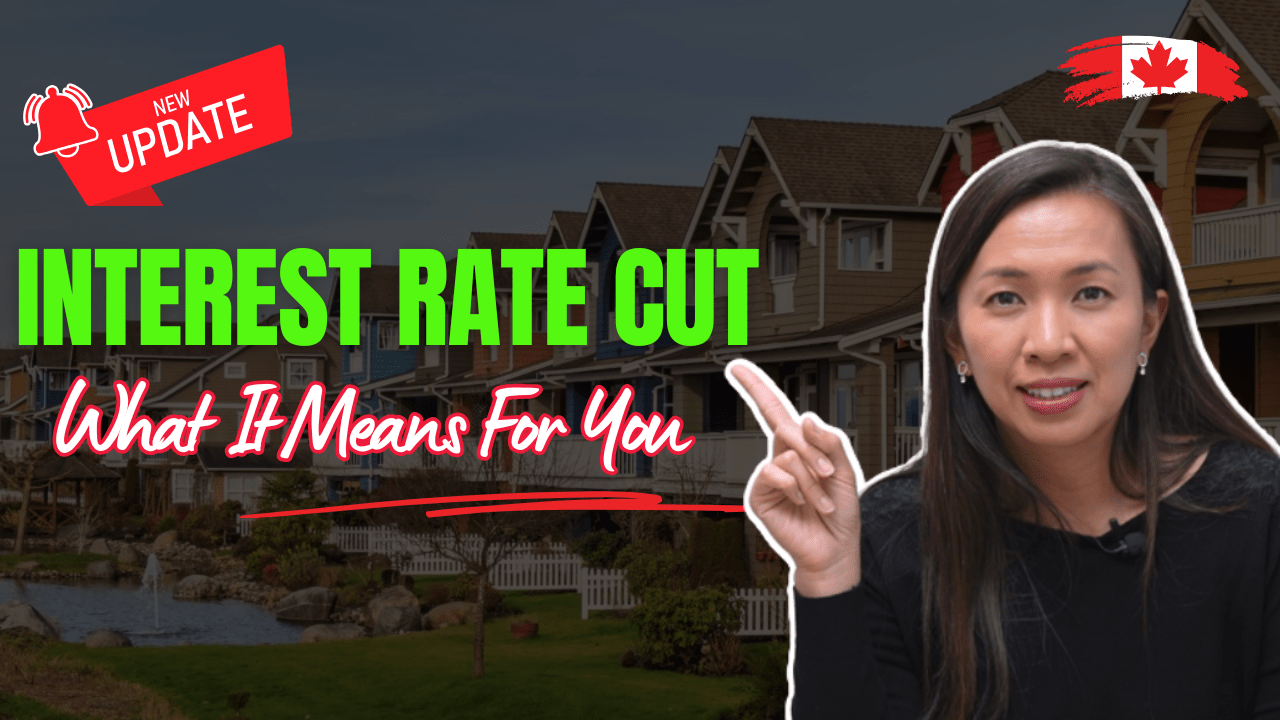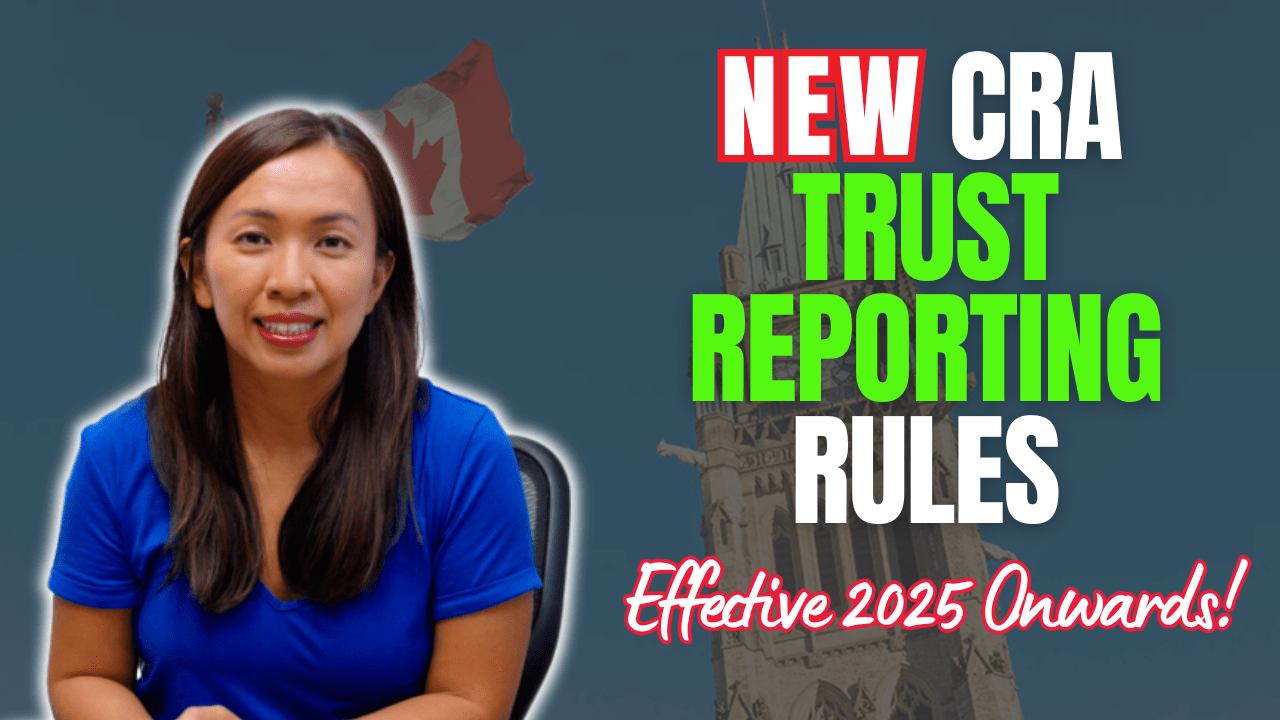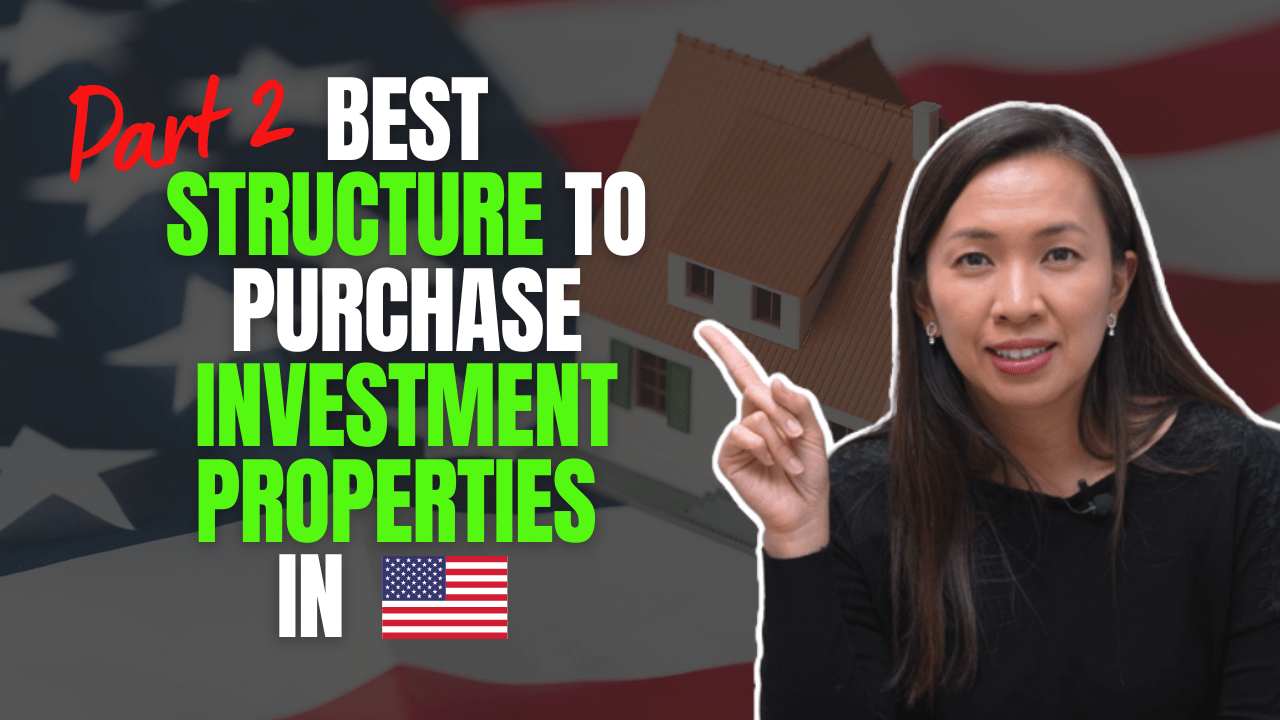
Many people have misunderstanding about property sale.
Many taxpayers are under the misconception that if he/she lives in a property at some point in time, upon sale of the property, one doesn’t have to pay taxes on the gain from the sale of property.
Even my mom was misinformed by her previous real estate agent…
Well, it isn’t true because:
- Primary residence exemption is an annual designation. If you have only lived in the property for a few years and you rented it out for some other years, chances are, you aren’t qualified to claim primary residence exemption in the years you’ve rented the property out.
There are elections available to allow you to shelter the gain from the rental years, provided that you meet certain criteria.
But…
Just because you live in a property for a period of time, it does not mean that you are able to shelter all the gain from the sale of the property.
- If your intention is to flip your primary residence for a quick profit, the Income Tax Act does not allow you to use primary residence exemption to shelter the profit you make, even if you have lived in the property for a period of time.
But how do CRA determine if your intention is to flip property?
I could easily claim that my intention was to live in the property, and circumstances changed so it forced me to sell.
The responsibility is on the taxpayer to prove his/her “claim”.
Previous court cases have set out some criteria/guideline for CRA and taxpayers to follow.
- Nature of the property sold
- Length of the period of ownership
- Frequency or number of similar transactions
- Work expended on or in connection with the property
- Circumstances that were responsible for the sale of property
- Motive (or your intention)
- The taxpayer’s profession
- How the taxpayer finances the real estate purchase
If you have the intention to flip, then the property purchase and sale is considered part of a course of a business. When you are considered conducting a business, the profit you made from the sale is 100% taxable.
It gets worse if the taxpayer demolishes the house and builds a new one.
On top of the potential income tax payable, the taxpayer is also considered a builder in the eyes of Excise Tax Act.
If you’re considered a builder building something new, you’re required to charge HST on the sale of the property.
HST on sale of a new build home … can be substantial.
In a recent Federal Court of Appeal case, the taxpayer, who’s a real estate agent for over 20 years, was caught building 3 houses in Vancouver in 2006, 2008 and 2010 without reporting the profit from these 3 flips on his personal tax returns.
This resulted in a total of $2.1M unreported income in the year 2006, 2008 and 2010…
AND…
GST assessments totalled $578K from these transactions…
This could easily be a combine total of $1.5M of tax liability that the taxpayer would have to bear. ☹
The decision factors undertaken by the tax court judge are the following:
- Did the taxpayer sell the three homes on account of income or capital?
- If it is on account of capital, could taxpayer claim the principal residence exemption?
This taxpayer did not report these transactions on his tax returns, citing that he lived in all three properties.
The judge went through each criterion one by one based on the taxpayer’s testimonial and the evidence presented. In particular…
- Duration of ownership:
The taxpayer moved in and moved out, purchased and sold these three properties within a short period of time. First property was sold within 16 months, second property was sold within 21 months and third one was sold within 16 months again.
- Frequency of transactions:
Taxpayer bought the first property in 2006, tore the existing home down, build a new one.
He listed the property before he obtained occupancy permit. Sold it immediately afterwards.
Same thing happened to the 2nd and 3rd property in 2008 and 2010.
He also did similar transactions in his corporation as a property developer.
The number of transactions lead to the conclusion that he profits from sale of these three homes were on the income account.
- Work done on these properties:
It was obvious that there was a lot of work done in these properties.
In addition, the taxpayer reported moderate income in these years, ranging from $15K to $20K annually, showing that he spent majority of his time working on building these properties.
- Circumstances responsible for the sale of the property:
The taxpayer cited that he didn’t want to take on so much debt and hence why he had to sell all these homes shortly after completion of the construction.
The tax court judge didn’t find this statement to be credible.
The taxpayer bought the first property and took on $812,500 mortgage.
He then took on a mortgage of $1.125M for the second property and $2.1M with the third one.
The claim made by the taxpayer was inconsistent with the facts surrounding the case.
- Motive:
Based on all the analysis done above, the court did not find that the taxpayer’s stated intention (i.e. to live in these properties as his primary residence with his son) to be credible or plausible.
All evidence proved that he acquired each property with the intention of reselling them for a profit.
Well, the Tax Court Judge concluded that the taxpayer was trading these properties on income account. Meaning that he’s conducting a business and hence 100% of his profit was taxable.
He could not qualify to claim primary residence exemption if the transaction was on income account. ☹
The story didn’t end there. We’re talking about $1.5M tax liability here.
Taxpayer appealed. Federal Court of Appeal kept the original ruling.
Lessons learn?
Just because you claimed you lived in the property does not necessarily mean that you don’t have to pay tax on sale of the property…
Until next time, happy Canadian Real Estate Investing.
Cherry Chan, CPA, CA
Your Real Estate Accountant






Sandy Farran
I bought a house for my daughter to live while she went to university. Does this count as primary residence? There were other students paying rent who live with her.